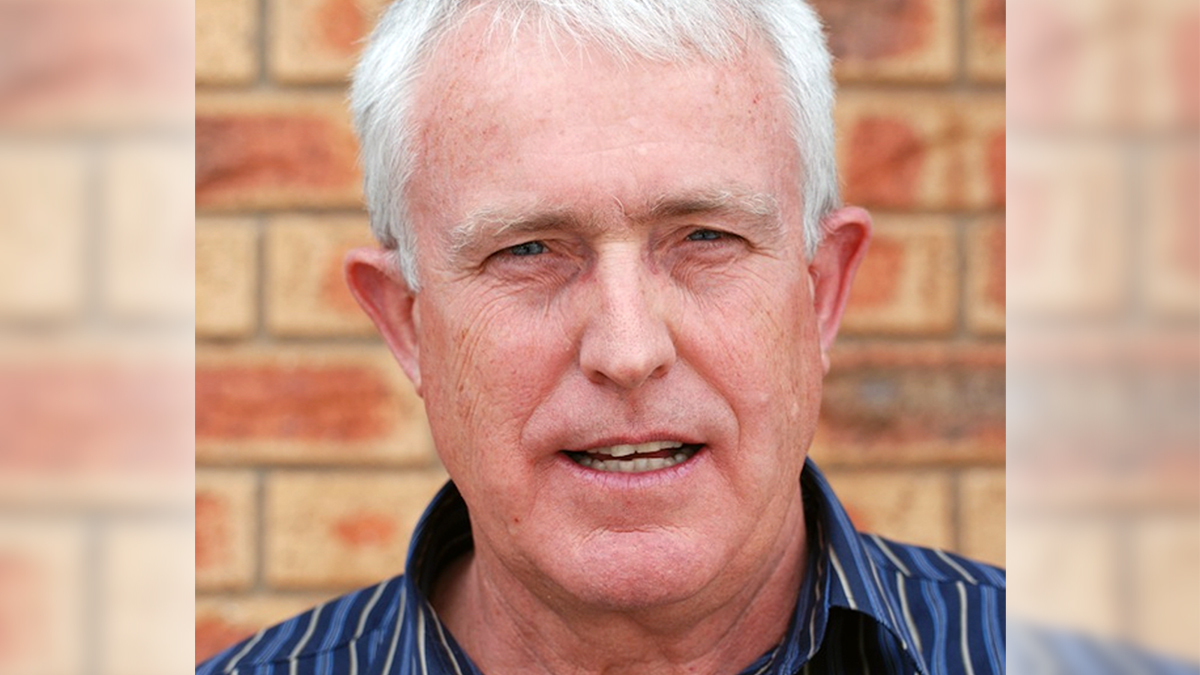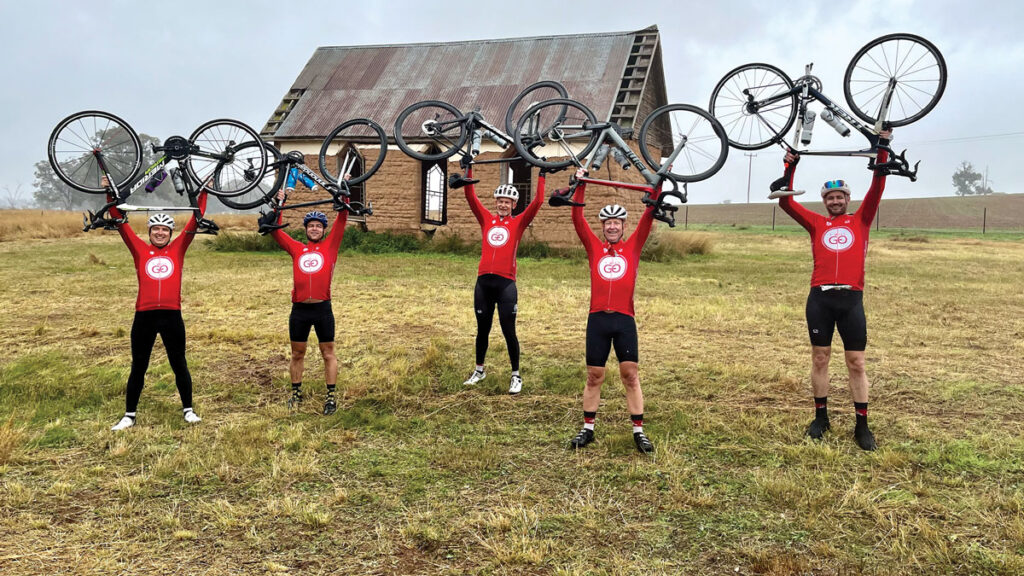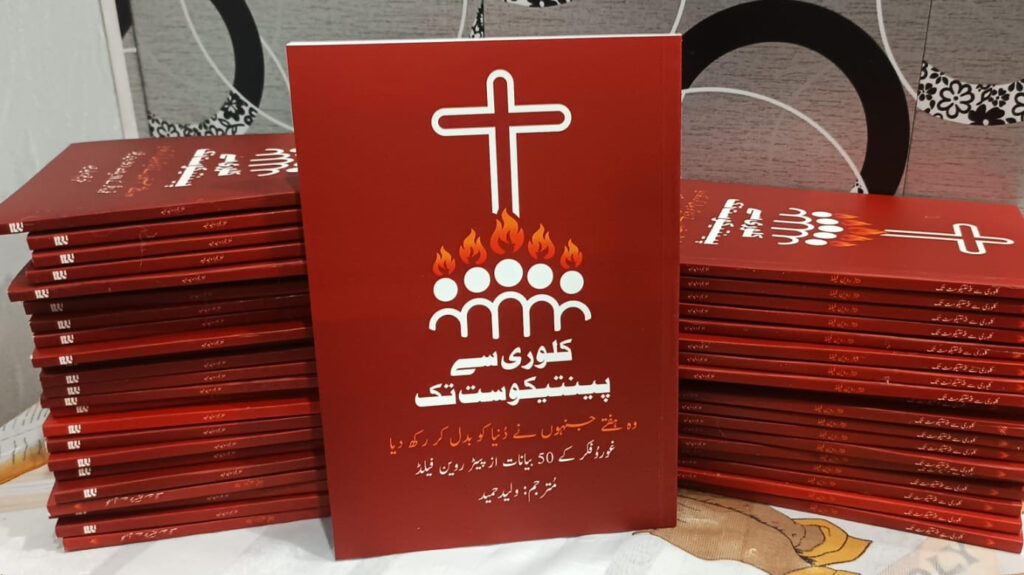Over the past 18 months, Dr Peter Roennfeldt has been leading training programs focused on discipleship and church-planting around the South Pacific. Studying the Book of Acts, his new book, Following the Spirit, further explores the discipleship principles shared in Following Jesus. He talked recently about these books.
Apart from the obvious progression from the gospels to Acts, how do your two books fit together?
Following Jesus explores the progression of Jesus’ disciple-making on earth, reflected in the gospels; while Following the Spirit explores His ongoing movement-building—from heaven, through His body of disciples. The first book looks at His model, while the second book examines how early believers applied what He had taught in disciple-making, church-planting and movement-building.
“Following the Spirit” sounds an unusual way to talk about our relationship with God. What does this mean?
The Holy Spirit plays a vital role in our relationship with God. Jesus was conceived, filled and anointed for disciple-making by Him—as outlined in the gospels; and Jesus is still active through His body (of disciples)—born again, filled and baptised by the Holy Spirit for mission. Since Pentecost, we have lived in the era of the Spirit. When “following the Spirit”, we follow our Saviour’s radical example in incarnational and relational mission.
What place does the book of Acts hold in your ministry experience?
The gospels outline Jesus’ model for disciple-making and movement-building; the book of Acts is our textbook for church-planting—exploring the challenges faced when introducing the gospel. Since first planting, 46 years ago—encouraged by my Conference president Pastor Clive Barritt—Judy and I have planted more than 20 Adventist churches with teams of members and pastors, and I have equipped hundreds of church-planting teams in almost 60 countries. All have been encouraged to read Acts—and I read it again each time. It is inspiring and transformational, with such valuable insights.
 What did you learn in the process of sitting down to write this book?
What did you learn in the process of sitting down to write this book?
While I have read Acts dozens of times—and preached from the gospels and Acts hundreds of times—when I sat down to write, I was confronted by the impact of the apostles taking Jesus as their hermeneutic. By this I mean that Jesus’ life, ministry and teaching reinterpreted scripture for them, challenging their understanding of prophecy and God’s kingdom. While the Pharisees in the Jerusalem church clung to a national, Jewish-temple focus, the early missionary movements represented by Antioch and the apostles cultivated the vision of God’s kingdom where the evils of national, gender and status discrimination were eradicated by the gospel of Jesus Christ. Tensions and threat of schism were ever-present. The issues Luke deals with are contemporary—for us!
It’s impossible to go back to the first century and start over, so in what way should the book of Acts influence the lives of believers today?
No, we cannot go back to the first century to start again. And Following the Spirit is not a call to return to an imagined glorious past. There can be no retreat. Disciple-making and church is now to be done in today’s tough pagan post-Christian and next-Christendom environments. This is where we are! It is neither the first century—nor 19th or 20th centuries. Read Acts. Is radical change at the core of church needed? Just as with his gospel, Luke leaves Acts with no conclusion. A new chapter is needed. Digging into Acts and exploring Jesus’ continuing mission will shape and cultivate the resilience needed for us to write the next chapter.
If this is necessary, how do we transform established churches and denominations?
Many good books have been written in response to this question—including Kayle de Waal’s Mission Shift. In Following the Spirit, we look at the essential elements for transforming established churches and denominations. Chapters 21 and 22—“Paul’s good news master story” and “Paul’s idea of church”—together with the Appendix with five “Acts 29 worksheets”, raise critical issues related to transforming established churches and maintenance denominations.


 What did you learn in the process of sitting down to write this book?
What did you learn in the process of sitting down to write this book?



